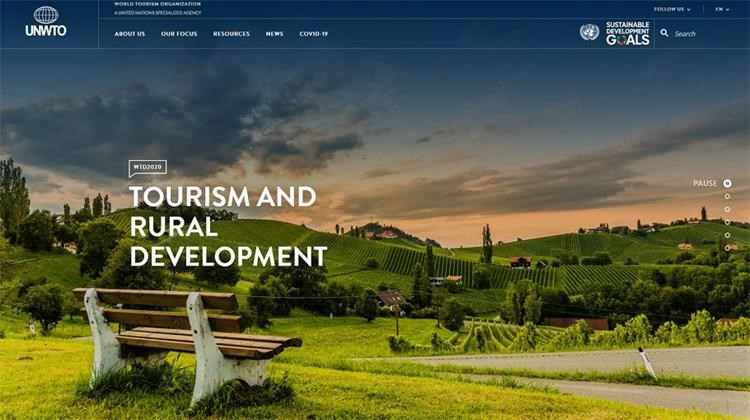- Published: 27.09.2020.
Tourism opportunity for rural areas in Croatia and region
Tourism is an opportunity for the development of rural areas, but urban and mass tourism should be avoided there, experts said on the occasion of World Tourism Day, September 27, which this year is dedicated to the topic of "Tourism and Rural Development".
World Tourism Organisation UNWTO chose the topic of World Tourism Day 2020 before the pandemic, and the demand for tourist services has this year been more pronounced in rural areas than in cities and big destinations, mostly due to health reasons.Something similar has also happened in Croatia, Serbia and Montenegro, said experts on rural tourism from the three countries.
What those countries and the entire region have in common is that rural areas make up about 90% of the total area, which is mostly neglected and unused and suffers from rural flight, which is, according to experts, a great shame because the area has great potential to develop due to its authentic natural, traditional, historical and cultural values.
After Istria, which was among the first to start, nearly all parts of Croatia are developing tourism in rural areas. They offer not only family-run farms, but also wine and heritage hotels, different tourist attractions and activities in the countryside, said Dijana Katica, president of a Croatian tourism and rural development association.
She thinks that COVID-19 in a way contributed to demand, and now is the right time to start planning promotion of rural tourism for 2021 and further development of rural areas because of EU funding.
"In the entire region, including Croatia, the biggest problem is the low level of public awareness that tourism can present an opportunity for the development of villages and rural areas, that it can be a source of income. There is no tradition of tourism there," said the head of the Institute for Tourism, Damir Kresic.
He also said that care should be taken that tourist activities do not have too much of an impact on the environment and nature.
According to him, rural areas have the potential for development, which can be seen from official data -- family-run farms generated more than 66,300 overnight stays in the first eight months, which is less than 1% of the total number but compared with other accommodation facilities, they came very close to last year's results and stand at 78%.
"It can be said that the crisis has harmed them the least and that it has put the spotlight on that type of tourist services," Kresic said, adding that rural tourism also makes the tourist season last longer. (Hina)
